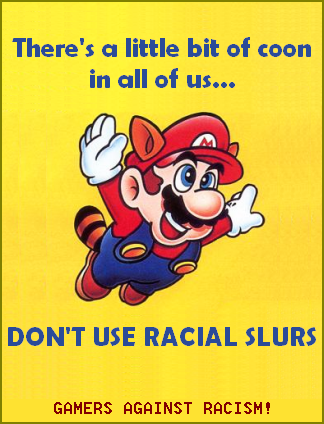Race often becomes a factor in the admissions process. A part of me finds this wrong and unfair, but a part of me finds this completely understandable and beneficial. If students of different race are accepted into the university, the school becomes more diverse. This ultimately adds to a unique college experience. Classes and discussions might be veered in different, better directions. Students may begin to exhibit what people label "color blind" by interacting and building strong friendships with those of a minority. Race can clearly be beneficial in a college environment.
But there's always that counterargument that shows how unfair it is to take affirmative action. First off, one might argue that there are other differences among students that satisfy diversity needs. Harvard noticed this and took students from all around the nation. According to Harvard, "Diversity meant students from California, New York, and Massachusetts; city dwellers and farm boys; violinists, painters, and football player; biologists, historians, and classicists; potential stockbrokers, academics and politicians." They are completely right, but race is just one more type of diversity.
Race can transform a university. In California vs. Bakke a special type of admission was added to the university, to incorporate students of different race to the school. This specific admission had lower academic standards and whites were not allowed to apply here. Justice Powell indicated the three major flaws of this system: "First, it may not always be clear that a so-called preference is in fact benign. . . Second, preferential programs may only reinforce common stereotypes holding that certain groups are unable to achieve success without special protection. . . Third, there is a measure of inequity in forcing innocent persons in respondent's position to bear the burdens of redressing grievances not of their making." I find the University's admission process to be very unfair and bias. Minorities are assumed to not be as intelligent as whites, and whites are automatically assumed to be more intelligent and smarter. But what the university has not considered is that many successful schools have a diverse student body and all students academically thrive. The University should have one admission process for fairness and to maintain the quality of the school.
University of Michigan also counted race as a large factor in admission. The process functioned as a point system. There were a set amount of points given for specific activities, extracurricular, experiences, leadership and service roles, academics, etc. But what I found interesting is that race played a large factor in this point system. A student of a minority was given 20 points just for the sake of being a minority, whereas the admission essay was worth only three points. I don't understand how this is fair. Yes, the 20 points account for the disadvantages of most of the minorities, but I believe it shouldn't be weighed as much. I like the point system, but the University should reconsider the weight of certain values.
Race should be a factor in college admission, but it shouldn't be a big determining factor. Race definitely should be a factor, but only to an extent. Everything, including academics and outside experience and activities, should be considered first. Then race can be revealed a play a factor. The fact that whites argue that this is unfair can seem abhorring. Minorities have so much more to deal with, so much more to struggle with and whites ignore this fact. Minorities often attend schools that don't have support, or aren't academically to the high standards of white schools. This needs to be taken into account. But the common white person forgets this small, but important factor because we are selfish. We all are selfish and fail to recognize that we are privileged, that we always get the benefit of the doubt. Tim Wise expresses this idea in "Whites Swim in Racial Preference." He states, "We strike the pose of self-sufficiency while ignoring the advantages we have been afforded in every realm of activity: housing, education, employment, criminal justice, politics, banking and business. We ignore the fact that at almost every turn, our hard work has been met with access to an opportunity structure denied to millions of others." I agree with Tim Wise. Take Deerfield for example. Our student body is white dominated and we are a very strong school academically. Now take Deerfield and compare it to a public city-school. There is obviously more diversity, but the quality of the school is also lower than that of Deerfield's. Race needs to be a factor in admission in order to give everyone a fair opportunity, but some universities need to re-evaluate their admission process and need to make sure to weigh race appropriately. Affirmative action is very complex, and can be looked upon in various ways.

